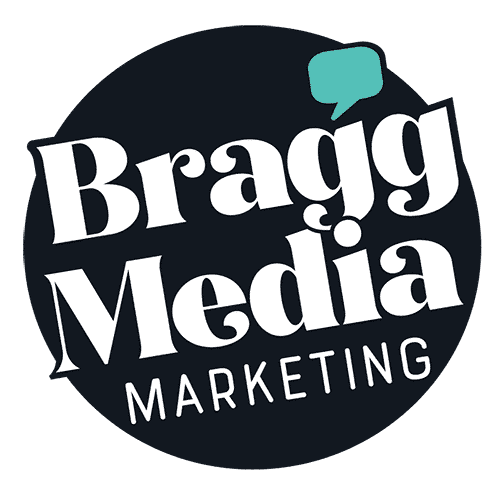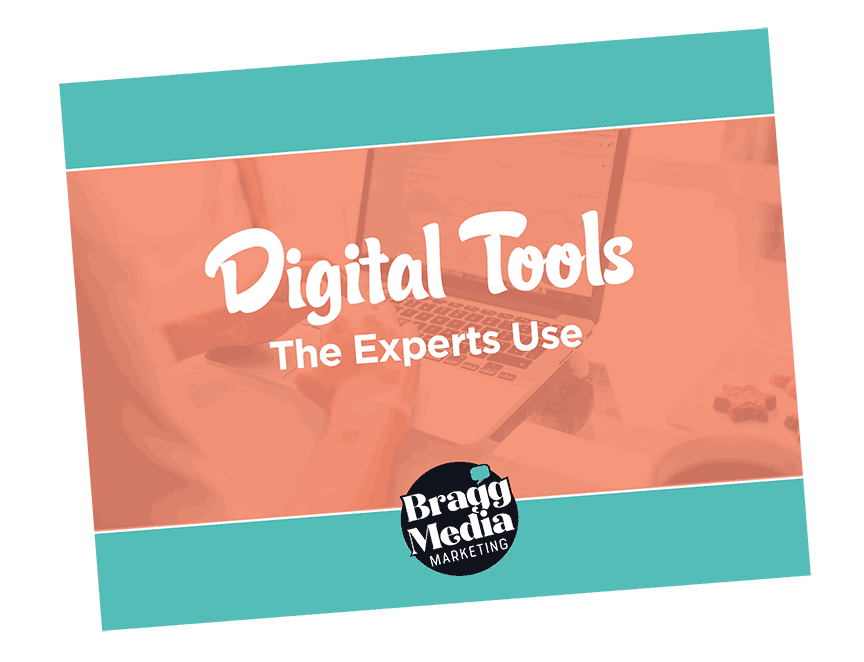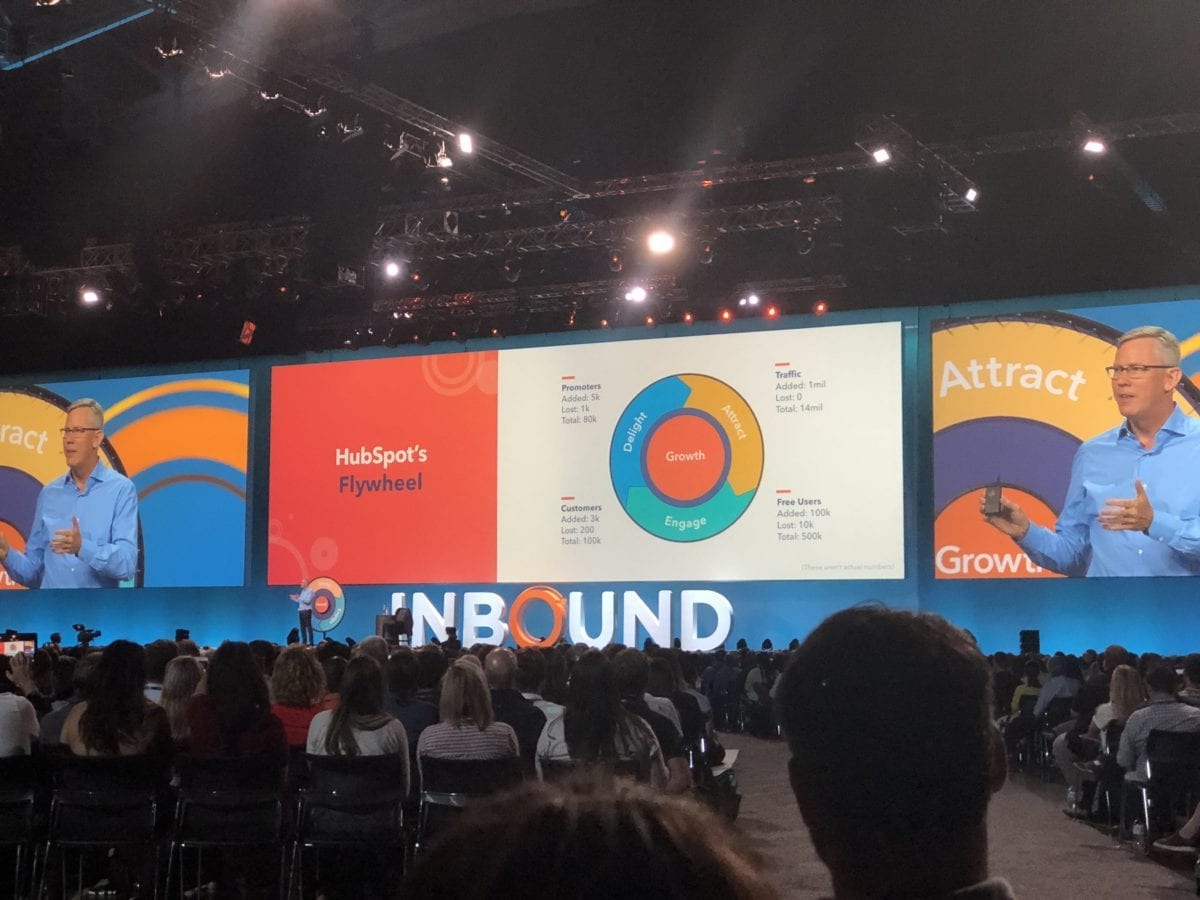
Artificial intelligence (AI) is no longer just hype. It’s dramatically changing the face of today’s marketing. In addition to creating time and saving money, other benefits of marketing automation include scalability, a better customer experience, increased lifetime value of the customer, generation of better leads, nurturing of leads, predicting client behavior, and A/B testing.
1. Marketing automation lifts administrative burden.
Marketing automation tools such as HubSpot allow professionals to do in minutes what used to take hours. Major advancements in technology result in minimal time being spent on redundant and menial tasks — which frees up time to be more creative, to solve problems and to develop strategies.
A real life example: Automatically assign tasks to various members of your team, such as when a follower on social media requires a response.
2. Marketing automation cuts costs.
In every industry, time is money. Because marketing automation saves time, it prevents a bloated budget with unnecessary employees. This will free up your budget to move your company to the next level. For small business owners, marketing automation liberates your mind to lead your team better or to earmark money for much needed operational expenses, such as new marketing, a new product line or the acquisition of elite talent. Simply put, market automation offers a good return on investment.
A real life example: With a marketing platform, your sales team doesn’t need to educate prospects on your product or service manually. The potential customers have already received information through automated emails and dynamic web content.
3. Marketing automation sets the stage for scalability.
For years, you’ve done marketing without all of the fancy technology. Congratulations! You are seeing the fruits of your labor with a larger customer base! However, the existing entry-level marketing tools can no longer manage your size.
If your business grows at such a rate that your current Customer Relationship Management (CRM) system can’t keep up, your business may need a marketing automation tool that can support both long-term and short-term growth. HubSpot offers a marketing platform that grows as your business grows — setting your business up for years of prospective growth. Scalable marketing platforms enable your business to reach thousands of prospective customers.
A real-life example: As a two-person company, you only needed a CRM to keep client information organized. After reaching your revenue goals for the first quarter, you are too busy with your current customers to post to social media every day. Scalable marketing platforms will offer add-on features such as HubSpot’s social media automation that allows you to program content at specific times and days without any fuss.
4. Marketing automation boosts the customer experience.
Today’s audience expect businesses to cater to their needs. Marketing automation technology sends your customers behavioral triggering emails or website content created for their unique pain points. When a customer browses particular products on your website, leaves items in the online cart or signs up for your company’s email, these actions trigger specific automated marketing tasks such as emails, staff notifications and task assignments.
Creating more personalized and better customer experiences for your clients mean you will make more money. Recent marketing research reports that a whopping 93% of businesses see an increase in conversion rates as a result of personalization.
A real-life example: Your customer is ready to purchase, even placing the item in the cart, but the customer gets distracted and forgets about the purchase. Your marketing platform is triggered to send an automated email that reminds the customer of the item in their cart and offering them free shipping or a 10% discount at the same time. The customer is delighted. They were planning on buying the item anyway, and now they have a discount! This leaves a lasting impression, one that the customer will likely tell their friends about.
 Website Audit
Website Audit
How well do you know your website?
Interested in HubSpot’s INBOUND conference?
Take a peek behind the curtain. Download more than 150 slides from INBOUND 19’s break-out sessions led by experts in business development, design, tech, customer service, human resources and more.
5. Marketing automation improves the lifetime value of the client.
Marketing is not solely concentrated on attracting new clients. A primary way to increase revenue is to encourage current clients to spend more money throughout the lifetime of your brand. Marketing automation develops customer loyalty and retention strategies.
A real-life example: Marketing platforms automate requests for feedback and Google reviews, trigger re-engagement campaigns for dormant customers, and sends exclusive offers to VIP customers.
6. Marketing automation tests and analyzes campaigns.
When companies test their marketing campaigns, they discover what is working, what is not working and, most importantly, what customers truly want. Major brands use AI for A/B testing to brainstorm storytelling strategies that result in more engaging content that resonates with your audience. Depending on your goals, automated testing can save time and money with more efficient marketing implementation.
A real-life example: You are paying a staff member $50,000 per year to publish five article per week or 260 blogs per year. The average blog generates 10 leads, which costs a little more than $192. Ask the content creator to spend time developing an A/B test on one article rather than writing two articles in that time period. The A/B test finds that you can double each blog’s conversion rate with a simple tweak of a headline or using a different image. The result? You just spent $192 to double the number of customers your business received from the blog.
 Website Design
Website Design
Affordable website design with a process that works for you.
7. Marketing automation predicts customer behavior.
Smart marketing automation uses machine learning to boost product or service recommendations. Every interaction made by your clients results in usable data. Over time, you can use automation to predict and construct the actions of your clients, convincing them to spend more.
A real-life example: Your data shows that customers who make a repeat purchase respond best to long-form content, not a short video. You discover that customers who purchase a certain product type are active on social media but not on your website, so rather than waste resources on promoting a webinar, you engage them on that particular social platform.
8. Marketing automation generates better leads.
Lead generation is so important for growing a business that it has become a business cliche. Automating numerous steps between sales and marketing offers your team more time to concentrate on nurturing the leads with true potential. The result is more prospects and more clients.
Marketing automation offers a richer and more detailed image of potential client behavior. By utilizing behavioral tracking methods — such as following the path of a user through your site — robust marketing platforms become valuable tools to understanding the interests of your prospect and where they are in the buying cycle. With this information, follow-ups become personalized around these insights. This will result in marketing campaigns that have a wider audience reach, including Twitter private messages, Facebook chatbots and personalized emails.
A real-life example: If a certain client is reading about a wide range of products on your website, this could signal the start of the buying cycle. They want to research and compare. If they later seek out a product’s whitepaper, this could signal that they are ready to speak to a salesperson. A marketing automation platform gathers data from these touchpoints, assigns lead scores, qualifies the lead and prioritizes outreach efforts.
9. Marketing automation nurtures leads.
Nurturing leads can be a difficult and time-consuming task. However, guiding a lead through the buying journey can be worthwhile. Research reveals that 50% of leads generated by the business are qualified but they’re not willing to buy right away.
For small businesses, this is a huge problem because they don’t have the time, the budget and (not to mention) the staff to follow-up with potential customers. Marketing automation platforms send targeted messages precisely when they are needed based on certain criteria. Automated drip email content sends appropriate content that is not interruptive so that leads are not forgotten and opportunities are never missed.
A real-life example: A customer bought a previous version of your product. Since that time, you have updated the product to include new features. Marketing automation platforms automate emails, calls to action and pop-up windows to notify them of the upgraded product.
A marketing professional specialized in automation will help your company discover how to use today’s technology to grow your bottom line.


